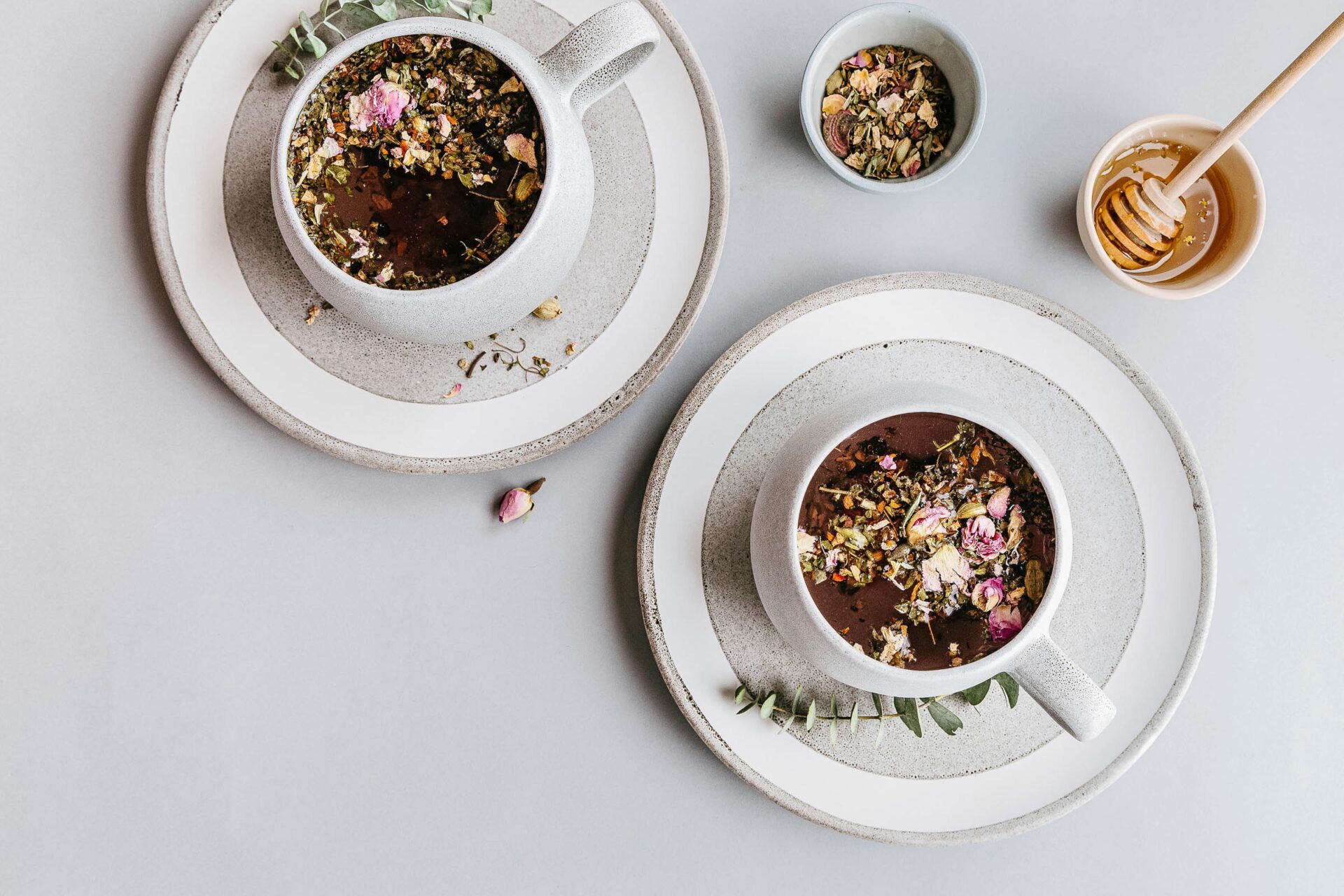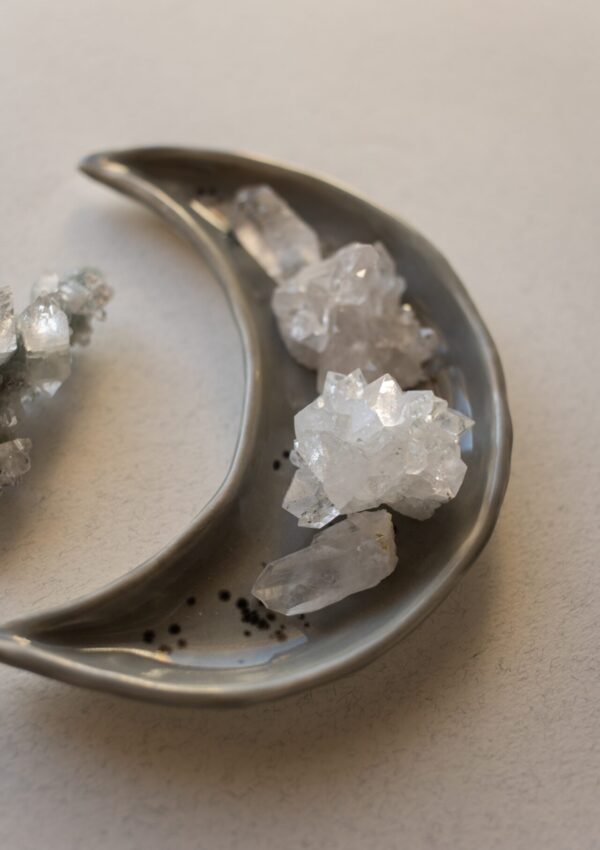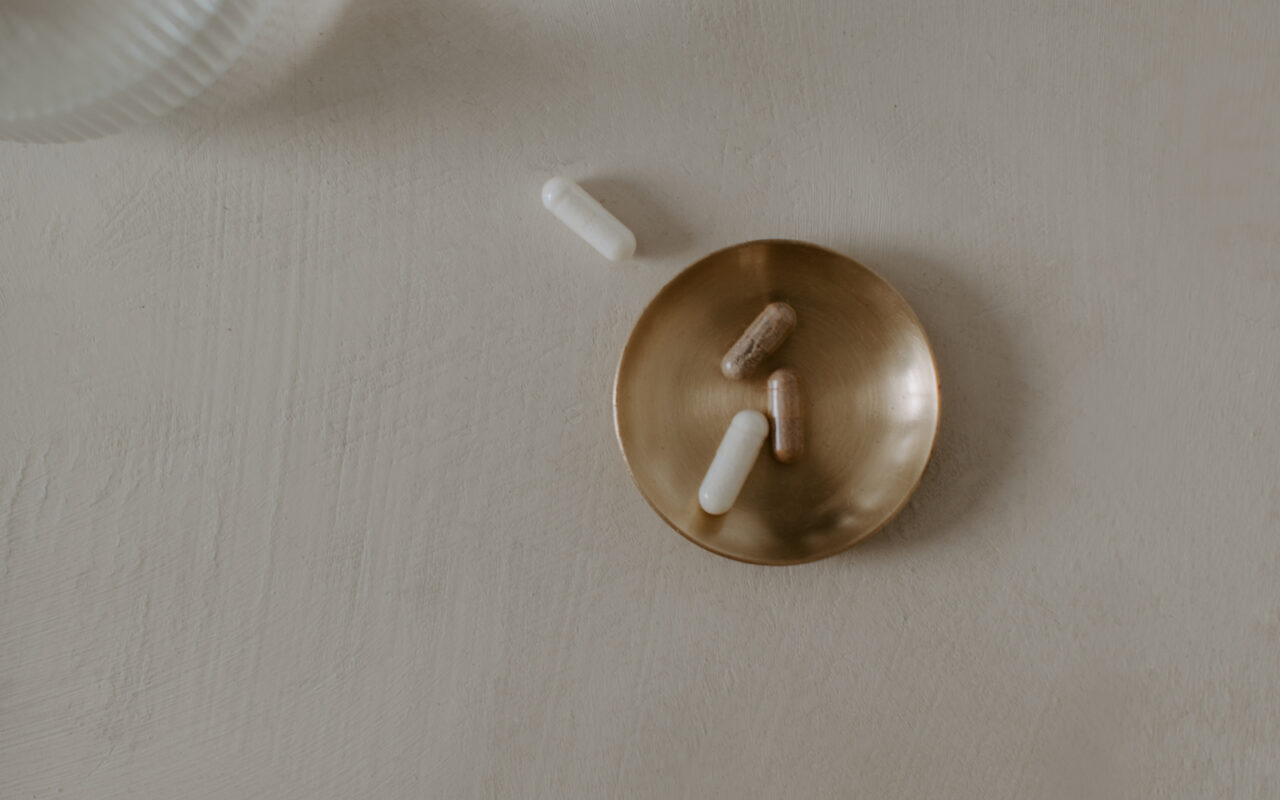 Stress is an inescapable part of life. No matter how your life compares to anyone else’s, you will feel stressed out. This can be work-related, relationship-related, or related to your finances.
Stress is an inescapable part of life. No matter how your life compares to anyone else’s, you will feel stressed out. This can be work-related, relationship-related, or related to your finances.
Everyone handles stress differently. You might pour yourself into work, distract yourself with projects, or reach for dissociative substances like drugs or alcohol.
While some stress is good and can push you to do and be better, it too can become chronic and crippling. It will never dissipate from your life, as it shouldn’t, so sometimes you’ll need help in managing it effectively.
Taking certain vitamins is one of the simplest ways you can decrease your stress levels while maintaining your health. Today, we’ll go over the best stress-zapping vitamins to assist you and your mental well-being.
Disclaimer:
Every brain is different, and some have a harder time producing feel-good chemicals like dopamine and serotonin. This post is not recommending that you replace necessary medication with vitamins.
Always consult with your medical practitioner before starting a new supplement. This is especially important if you’re currently on medication, have, or think you have a mood or sleep disorder, and if you are, or are planning to become pregnant.
Consult with them prior, so that they can get an accurate depiction of your lifestyle and where you’re either lacking or sufficient. You don’t want to waste money buying things that you don’t need.
Getting regular blood work done is also a great way to see if you are deficient in certain nutrients. If you have an ample supply of B12 in your system, then taking a supplement would be redundant and a waste of time and money.
When taking vitamins to help combat stress, be mindful that more is not necessarily merrier. Follow the dosage recommended by the label and/or your doctor. Taking more of something will not make it work quicker or more effectively. Even things that are good for you can be overdone. Be careful not to go overboard.
Vitamins for Stress-
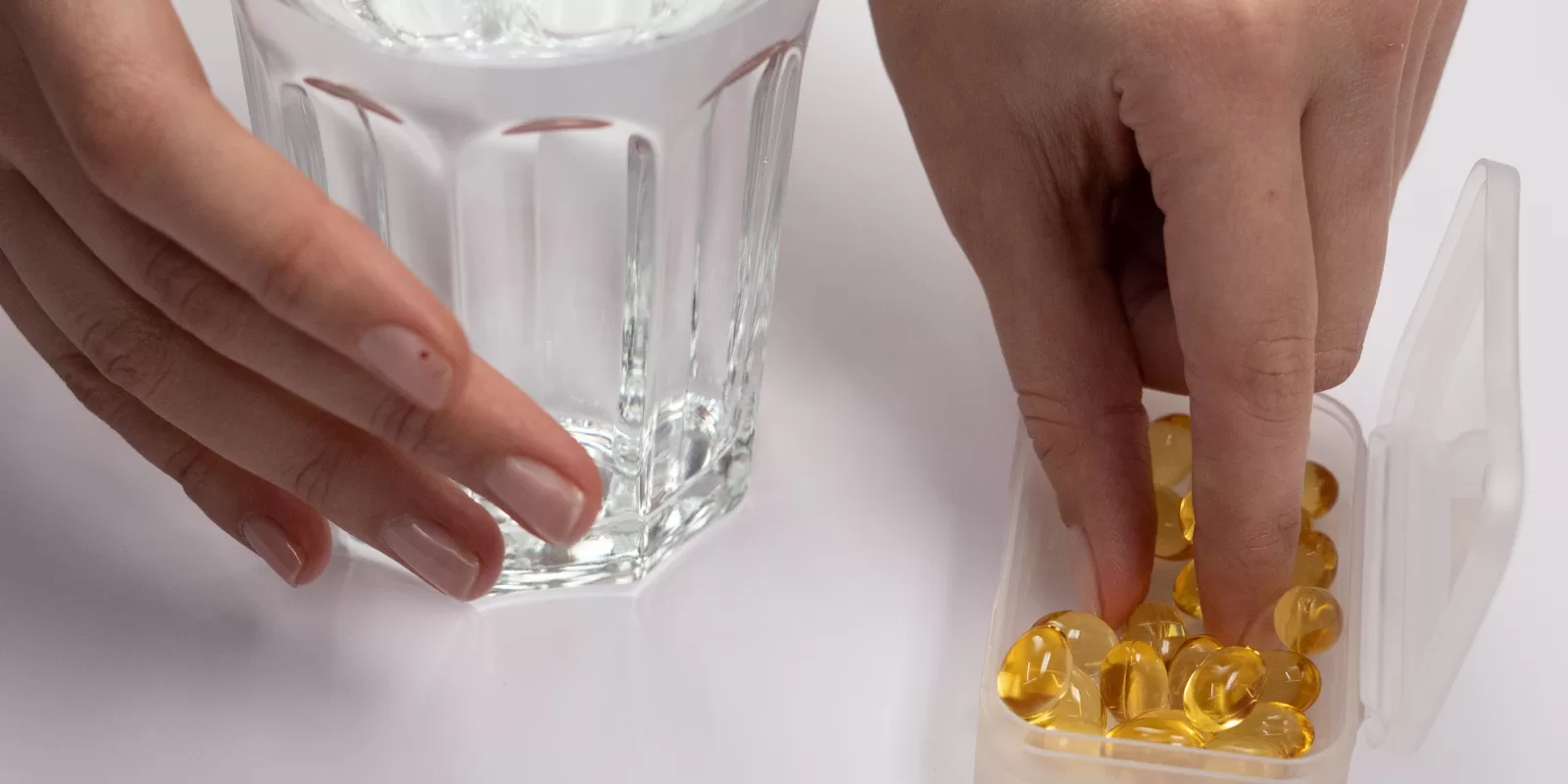 Vitamins can help in a major way, especially if you’re short on time and don’t exercise or meditate regularly. However, it isn’t the only thing you should rely on to have a healthy and well-balanced mind state.
Vitamins can help in a major way, especially if you’re short on time and don’t exercise or meditate regularly. However, it isn’t the only thing you should rely on to have a healthy and well-balanced mind state.
Things like meditating, exercising, yoga, stretching, and eating well all play a huge part. Even if you only have a couple of minutes to do some breathing exercises while at work, it can be extremely beneficial.
Don’t be afraid to try out different vitamins on their own for a few weeks to notice how they make you feel or if they make any difference at all. Some will work better with your body than others.
If one isn’t effective, then don’t instantly rule out all vitamins from your wellness regimen. Try a different one and see how it goes. Our minds and bodies, while similar, are unique to us. What works for one person may not work for another.
Ashwagandha-
(Withania Somnifera) Also known as Indian Ginseng, has been used in Ayurvedic medicine for centuries. It’s an adaptogen that is meant to decrease stress levels, promote sleep, and increase libido. A study was conducted and found that those who took Ashwagandha over a placebo had a noticeable decrease in stress levels.
Rhodiola-
(Rhodiola Rosea) It is an adaptogen that grows in the mountainous regions of Asia and Russia. It is believed to lessen stress and anxiety, promote healthy brain activity, and decrease physical and mental fatigue.
One of its main components, Salidsoride, can be credited to its possible anti-depressant and anti-oxidant properties. One study done with depressed patients compared the effects of Rhodiola versus Sertraline, which is the drug branded as Zoloft.
The study found that sertraline was more effective, but Rhodiola still produced antidepressant effects, had fewer side effects, and was better tolerated. For those who have very mild depression or are just feeling blue, Rhodiola can potentially be a good option. Again, consult with your doctor first.
Vitamin B’s 1-12-
B vitamins include B1(Thiamin) B2(Riboflavin) B3(Niacin) B5(Pantothenic Acid) B6(Pyridoxine) B7(Biotin) B9(Folic Acid) B12(Cobalamin).
They each have their special function and purpose. They can be a catalyst in regulating stress and anxiety levels, especially B12. In elderly people, B12 deficiency has been linked to a higher chance of depression and other mood disorders.
It can be found in food sources like fish, poultry, meat, dairy products, and eggs. If you’re a vegetarian or vegan, it can be tough to get the required dosage of B12 from food alone, other than nutritional yeast, so supplementation is often recommended. Taking a B-complex vitamin can help to ensure you’re getting all of the essential B vitamins you need.
Magnesium-
 Magnesium is required for 80% of our body’s functions, which is why it’s so important. Low levels of magnesium can leave us feeling seriously run down. It inhibits stimulating neurotransmitters and instead binds to the peaceful brain receptors(GABA). It helps to ease cortisol levels so that our body’s response to stress and fear eases up.
Magnesium is required for 80% of our body’s functions, which is why it’s so important. Low levels of magnesium can leave us feeling seriously run down. It inhibits stimulating neurotransmitters and instead binds to the peaceful brain receptors(GABA). It helps to ease cortisol levels so that our body’s response to stress and fear eases up.
Magnesium is a mineral that can be found in food sources, yet many people are still deficient in their levels. It is important to reach for whole, unprocessed foods as opposed to processed ones, and if your levels are still low, reach for a supplement. Find magnesium in things like dark chocolate, bananas, avocados, nuts & seeds, whole grains, fatty fish, and leafy greens.
L-Theanine-
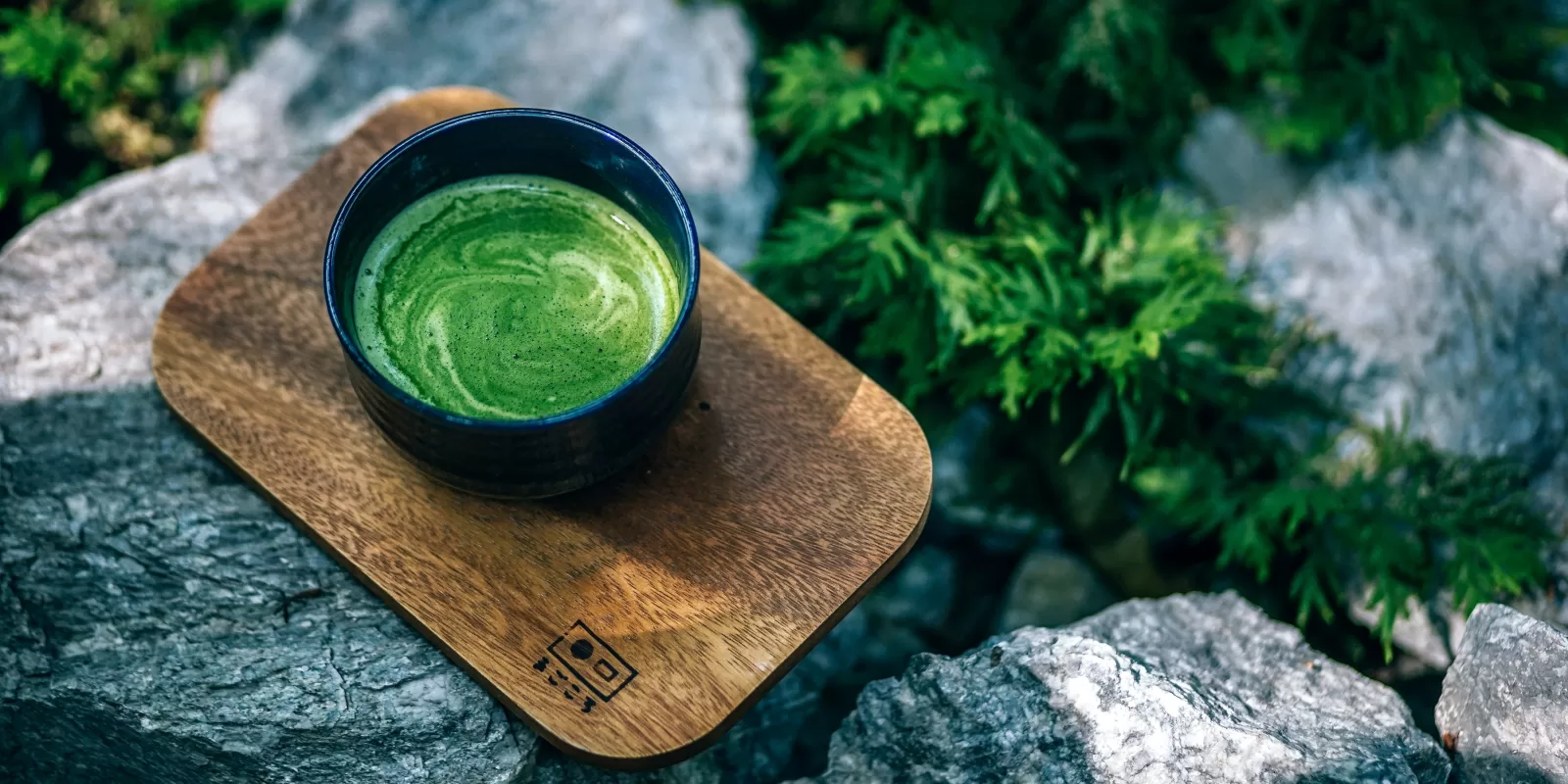 L-Theanine is an amino acid that’s found in green and black tea. A study found that when taken for four weeks, those who took L-theanine compared to a placebo decreased their stress-related symptoms and improved their cognitive function.
L-Theanine is an amino acid that’s found in green and black tea. A study found that when taken for four weeks, those who took L-theanine compared to a placebo decreased their stress-related symptoms and improved their cognitive function.
It is also worth noting that, on top of its benefits, taking time to enjoy a cup of tea is a relaxing act in itself. If you don’t like or drink tea, you can reach for an L-theanine supplement.
Omega 3’s-
 Omega 3’s are fatty acids. The main acids found in omega-3s are eicosapentaenoic acid (EPH) and docosahexaenoic acid (DHA). Luckily, omega-3s can be easily found in many common food sources such as fatty fish, nuts & seeds, and eggs.
Omega 3’s are fatty acids. The main acids found in omega-3s are eicosapentaenoic acid (EPH) and docosahexaenoic acid (DHA). Luckily, omega-3s can be easily found in many common food sources such as fatty fish, nuts & seeds, and eggs.
Omega-3s easily interact with the brain and have anti-inflammatory properties, which can help to reduce depression. Studies have shown a link where people who eat fish regularly are less likely to be depressed.
Valerian-
(Valeriana Officinalis) Nicknamed “nature’s valium”, it is believed to help promote relaxation, decrease anxiety levels, and assist with sleep disorders. Hesperidin and Linarin are antioxidants found in the plant that produce the calming effects that enhance relaxation and sleep.
More research still needs to be done, but it’s believed to work with Gamma-aminobutyric acid (GABA), a neurotransmitter that obstructs impulses between the brain and the nervous system. When GABA levels are low, stress and anxiety are high, and vice versa. You can find it in capsules or some specialty teas.
Lemon Balm-
 (Melissa Officinalis) A perennial herbaceous plant that is a member of the mint family. It is an antioxidant and anti-inflammatory that is thought to have a calming and relaxing effect. It has been used for thousands of years to help with many different ailments.
(Melissa Officinalis) A perennial herbaceous plant that is a member of the mint family. It is an antioxidant and anti-inflammatory that is thought to have a calming and relaxing effect. It has been used for thousands of years to help with many different ailments.
A study found that after administering Cyracos, a lemon balm supplement, to those who suffer from mild-moderate anxiety and sleep disorders, patients showed improvement in their symptoms. Since it promotes sleep, it is best to use it at the end of your day when you are winding down. Not when you are gearing up for a long day, driving, or operating heavy machinery.
Vitamin D-
 Vitamin D is produced by our body via sunlight or through eating fatty fish like salmon and mackerel. However, for those who live in northern and colder climates, getting enough vitamin D is challenging.
Vitamin D is produced by our body via sunlight or through eating fatty fish like salmon and mackerel. However, for those who live in northern and colder climates, getting enough vitamin D is challenging.
If you’re not getting an adequate supply of sunlight year-round, then vitamin D is a great addition to your wellness routine. Especially if you suffer from SAD (seasonal affective disorder).
Vitamin D is found in food sources such as egg yolks, red meat, oily fish, and fortified foods like cereals. Spending some time outside regularly, even in the winter, can play a crucial part in keeping your vitamin D levels up to par. A study shows a potential link between vitamin D deficiency and depression.
Final Thoughts-
If you’re experiencing stress in your life, or if you want to experience more calm and tranquility in your day, then supplementing with vitamins is an easy way to achieve that goal. You can obtain these nutrients through food sources or by supplementation by way of powders, capsules, oil tinctures, or gummies. They can be added to water, smoothies, or soups.
If you live a busy life, it can be hard to get enough exercise, meditate enough, or even take a moment for yourself. Supplementing with the vitamins we covered here today is a quick and easy way to potentially decrease your stress levels, get a better night’s sleep, increase your libido, and get through your day by flowing instead of struggling.
Always remember to consult with a medical practitioner before beginning a new supplement routine. This will ensure that it won’t interfere with any medications you’re on, or if you are pregnant or planning to become pregnant. They can also help you to note what vitamins will work best with your body according to your health and lifestyle, as well as recommend the appropriate dosage.
Many of these vitamins are now widespread and can be easily found online and in health stores. Be careful and check labels to ensure that you’re getting these products from viable sources and are actually getting the product that you’re seeking out. Try out these 9 vitamins for stress to see how they can positively impact your overall health and well-being.
